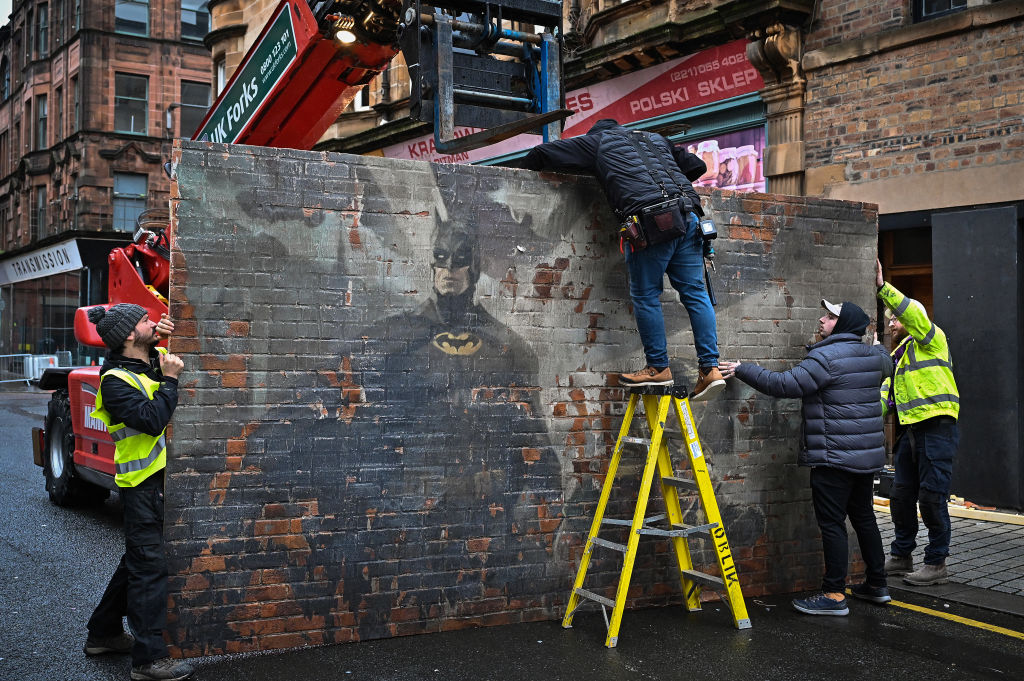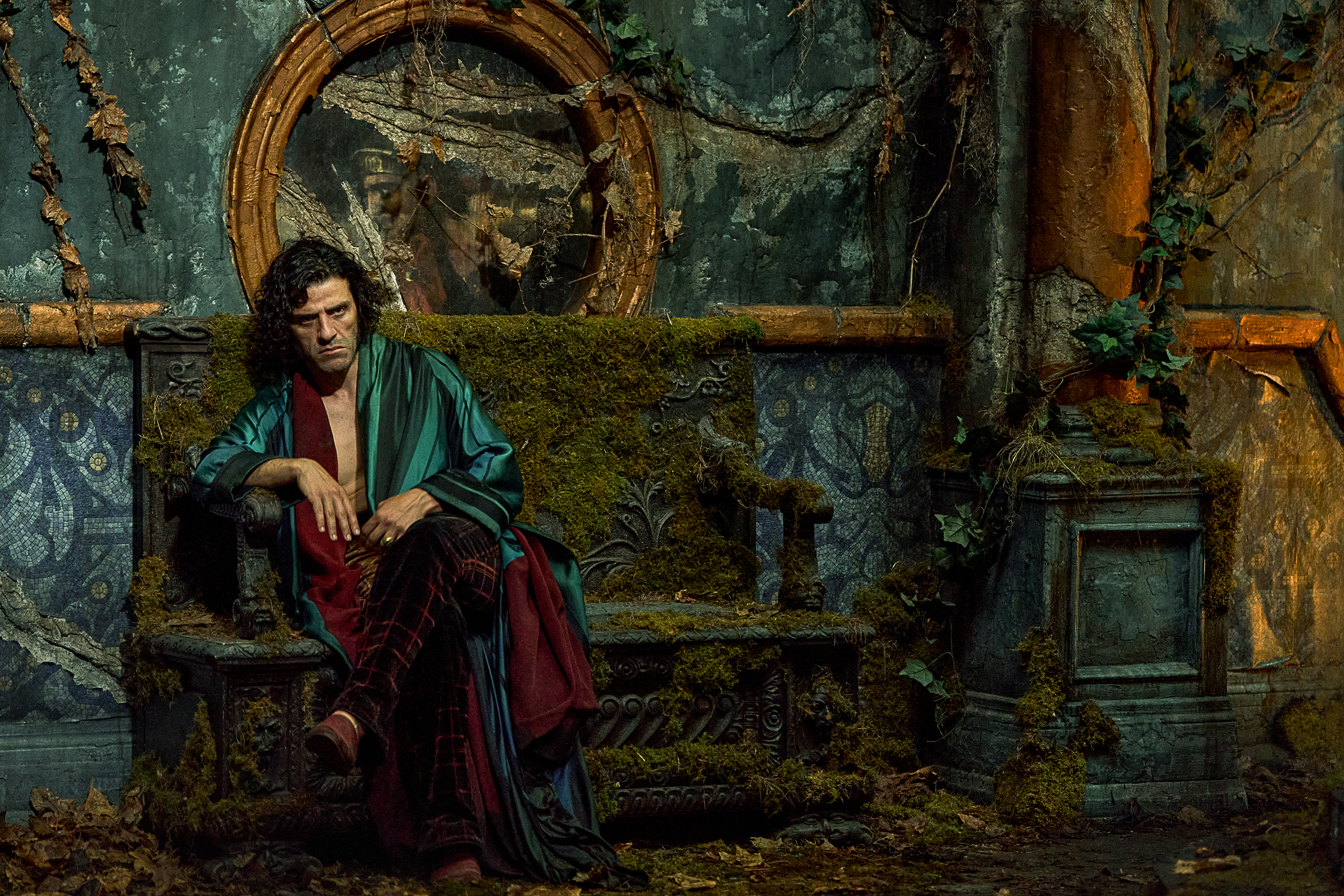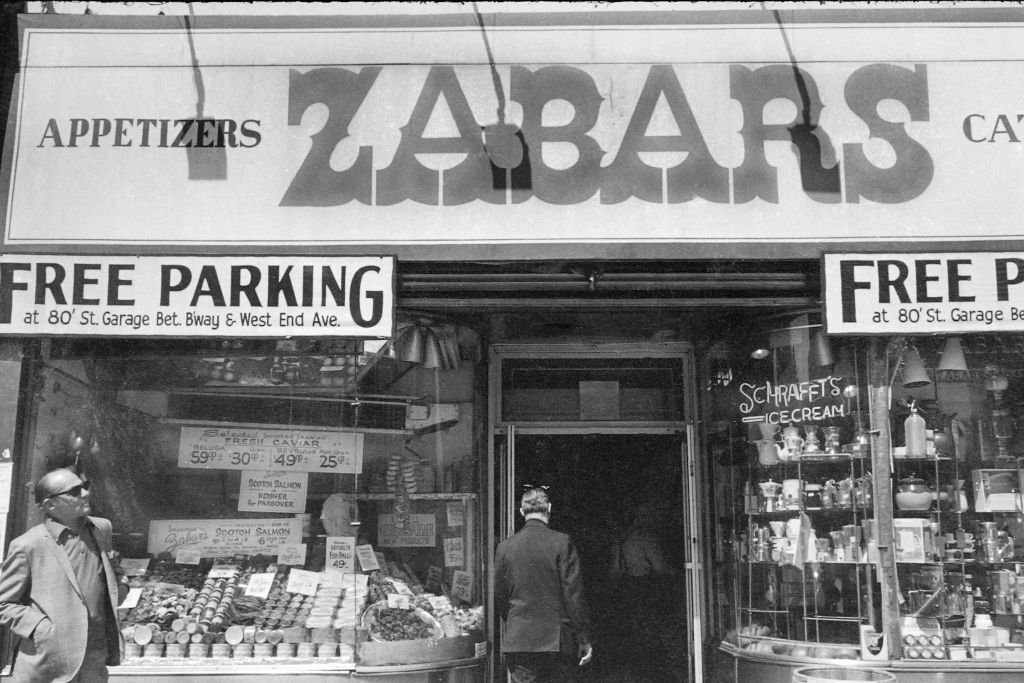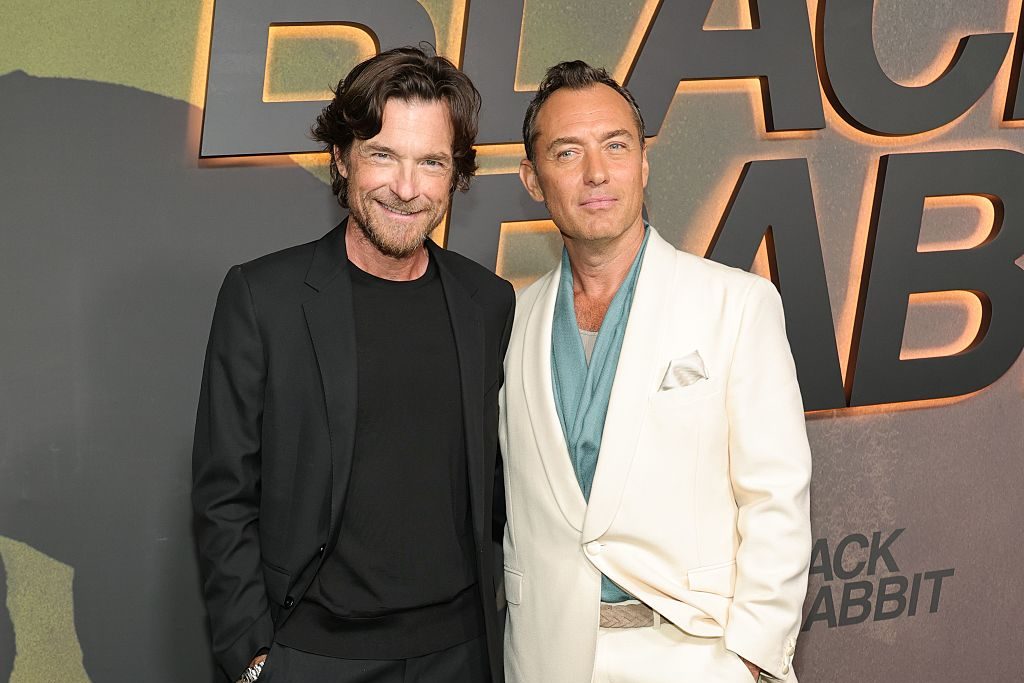Although it’s not exactly my cinematic bag, I understand why people were looking forward to Batgirl. It is a superhero film (as so many are these days), but with a potentially interesting female lead, namely Barbara Gordon, aka “Batgirl,” the daughter of Commissioner Gordon, Batman’s ally.
The film attracted a starry cast, including J.K. Simmons as Gordon, Brendan Fraser as the sociopathic antagonist Ted Carson, aka “Firefly,” and Michael Keaton gamely reprising his Batman role. It cost $90 million, was directed by the filmmakers responsible for the surprisingly entertaining Bad Boys For Life, and might have been expected to be a modest box office hit: at the very least, it should have provided a couple hours of undemanding entertainment.
Instead, Warner Brothers, the studio that funded the film, has announced that Batgirl‘s release has been canceled. Not only will it not be distributed in theaters — as many pictures are not in these Covid-infested times — it will not even appear on Warners’ pay-per-view channel, HBO Max. Batgirl, it would appear, has fallen victim to that most implacable of villains: corporate interests. Amid rumors that the film was utterly dismal — one test screening suggested it was both “cheap-looking” and “a huge disappointment” — it was decided that, rather than sully the brand of the company that brought us the dire Batman v. Superman and the atrocious Justice League, the project would simply be abandoned and turned into a tax write-off.
It is possible that Batgirl will one day slink onto a streaming service near you, ostracized and unloved. But it is more likely that it will join a select but growing number of films that have been, for whatever reason, simply abandoned by their studios. There have always been bad films. I treasure an interview with the actor Charles Dance where he candidly said he was sent a script for a picture that was appalling, but he liked the locations where it would be shot, so he accepted the part, correctly assuming it would be so bad that it could not be put out.
In our content-hungry age, Dance’s embarrassed performance would probably slink unheralded onto Netflix to be watched by a few unsuspecting viewers in obscure territories. So it is all the more interesting to look at the few films that have joined Batgirl in the category marked “not for exhibition.”
Some of these are not surprising. Kevin Spacey may well have enjoyed playing the writer and sexual omnivore Gore Vidal in the Netflix biopic Gore, but the many sexual abuse allegations against him made the film a liability, so it was quietly canceled. The Olga Kurylenko fantasy epic Empires of the Deep may have cost $130 million when it was filmed in 2011, but all that money failed to make it coherent or watchable. And Louis C.K.’s wishful fantasy I Love You, Daddy, about the romance between a film director and a seventeen-year-old girl, may have given Woody Allen some pleasure if it had been released, but nobody will ever be allowed the chance to see it. Legally, at least.
The most notorious of all films that will never see the light of day is Jerry Lewis’s 1972 Holocaust drama The Day The Clown Cried. Decades before Roberto Benigni briefly endeared himself to Hollywood with his similarly themed comedy Life is Beautiful, Lewis sought to establish his “serious” credentials as writer, director and star of the unspeakably grim-sounding film, in which he appeared as a washed-up circus clown who finds himself dolefully entertaining Jewish children in the concentration camps. It was, by all accounts, misconceived to the highest degree. The actor Harry Shearer, one of the few people to have seen it, commented:
With most of these kinds of things, you find that the anticipation, or the concept, is better than the thing itself. But seeing this film was really awe-inspiring, in that you are rarely in the presence of a perfect object. This was a perfect object. This movie is so drastically wrong, its pathos and its comedy are so wildly misplaced, that you could not, in your fantasy of what it might be like, improve on what it really is. “Oh, My God!” — that’s all you can say.
Batgirl, unless it featured an ending in which the child inhabitants of Gotham City were all led to their hideous deaths by a grinning Batman, is unlikely ever to trouble Lewis’s film for all-time controversial status. But it is a reminder that, even in an age where we seem to be surrounded by comic-book adaptations, there are still some basic quality controls in place, for which we must remain grateful. Or, alternatively, we’re missing out on an underrated classic. But, holy bean-counting maneuvers Batman, I know which one I’d put my money on.

























